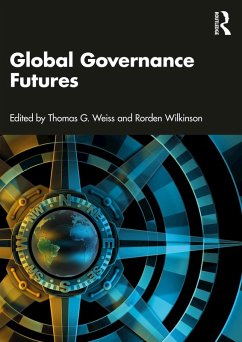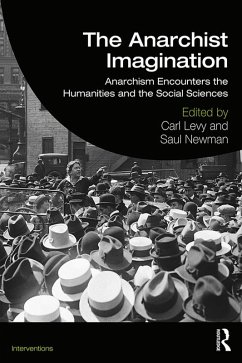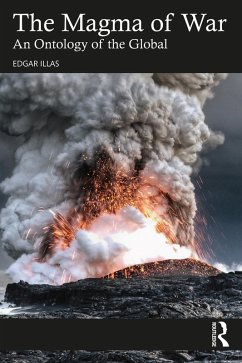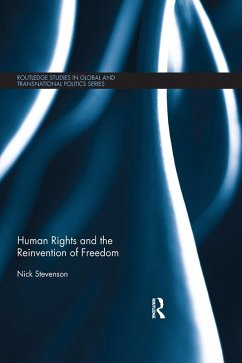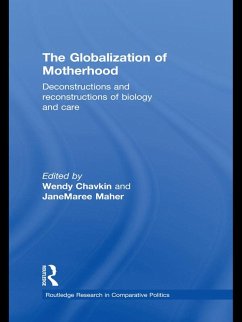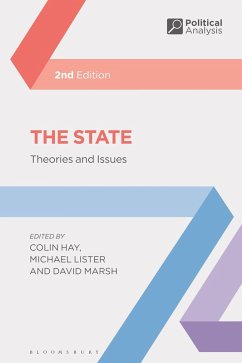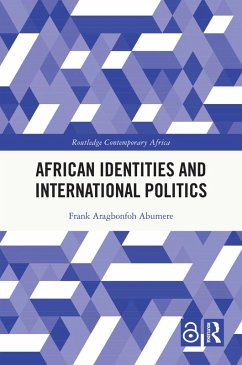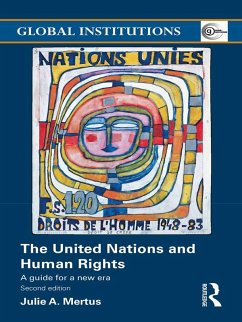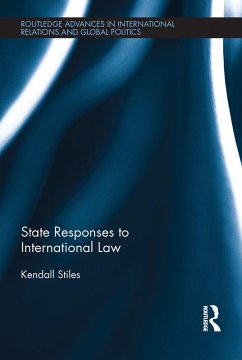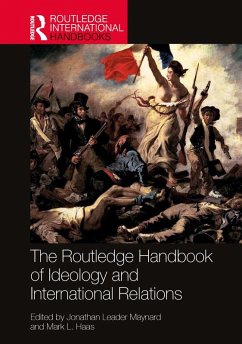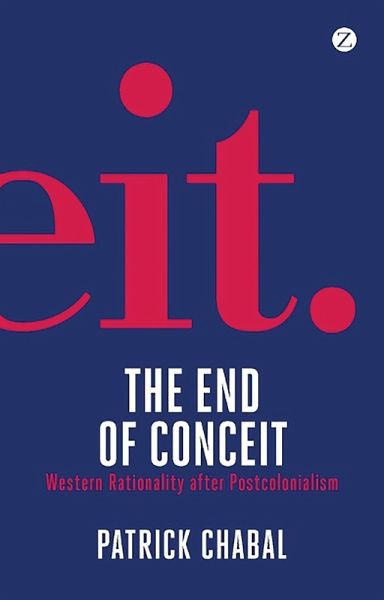
The End of Conceit (eBook, ePUB)
Western Rationality after Postcolonialism
Versandkostenfrei!
Sofort per Download lieferbar
19,95 €
inkl. MwSt.
Weitere Ausgaben:

PAYBACK Punkte
10 °P sammeln!
In this radical new book, Patrick Chabal reveals how the future of the West is now inextricably linked to that of the non-West. The rise of the economic power of China and other Asian countries as well as urgent environmental issues now force the West to think in new ways about how to best face the future. This is an issue which runs far deeper than present debates on the decline of the West might suggest. The book argues that the postcolonial challenge, from regions such as Asia, Africa, Latin America and the Middle East, as well as the influence of citizens of non-Western origins now living ...
In this radical new book, Patrick Chabal reveals how the future of the West is now inextricably linked to that of the non-West. The rise of the economic power of China and other Asian countries as well as urgent environmental issues now force the West to think in new ways about how to best face the future. This is an issue which runs far deeper than present debates on the decline of the West might suggest. The book argues that the postcolonial challenge, from regions such as Asia, Africa, Latin America and the Middle East, as well as the influence of citizens of non-Western origins now living in the West have combined to expose the limits of Western rationality - that is, the theories and concepts we currently use to understand and act upon the world. Discussing such provocative questions as 'Is it a good idea to build mosques in Europe?' and 'Is Beckham the new black icon?', Chabal explores the growing failure of Western social thought to explain many of our most pressing domestic social and economic issues. He also discusses contentious issues in international relations, such as the spread of democracy and the protection of human rights. He concludes that, ultimately, what the West needs is not more and better theory but an entirely new way of thinking - one that will put an end to its current deep-seated conceit.




